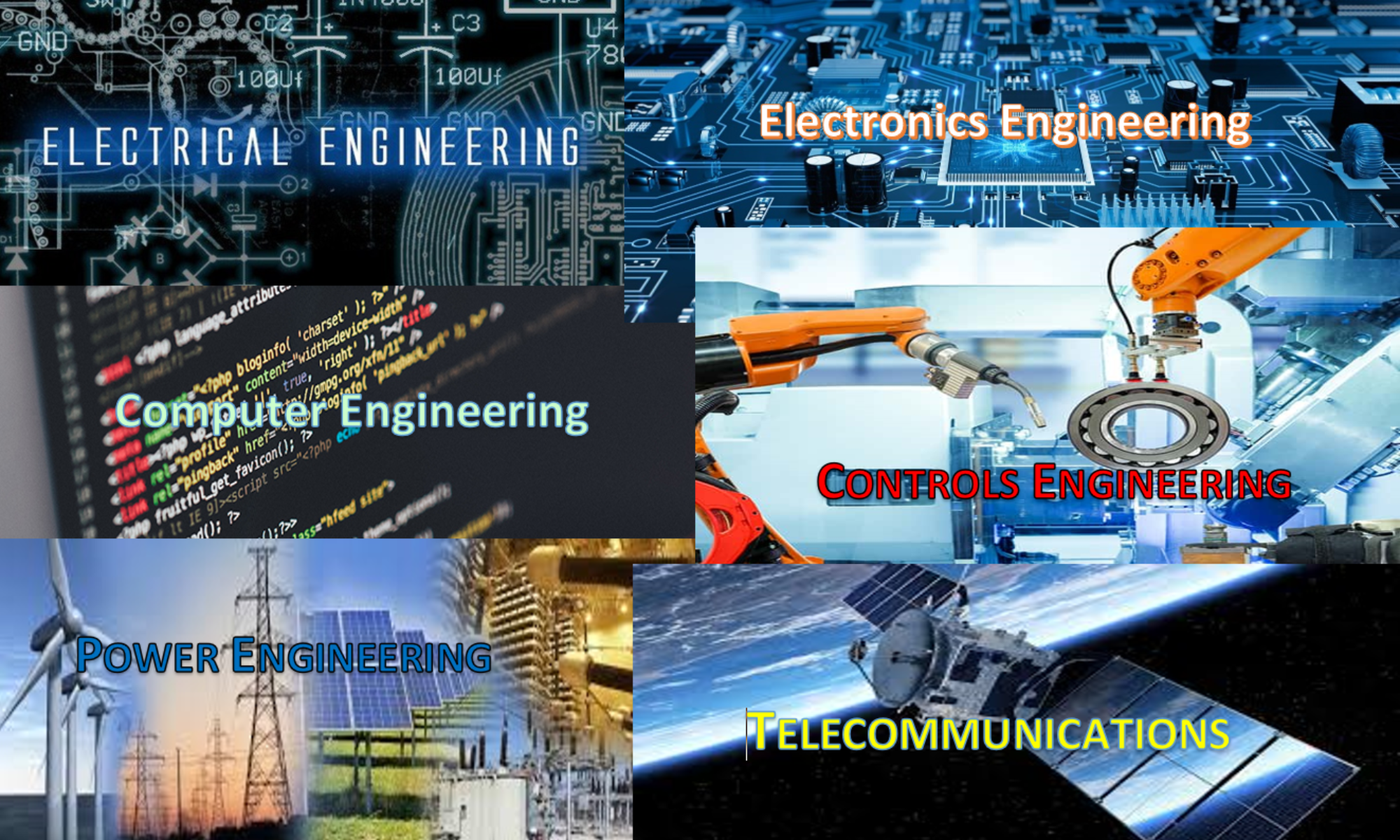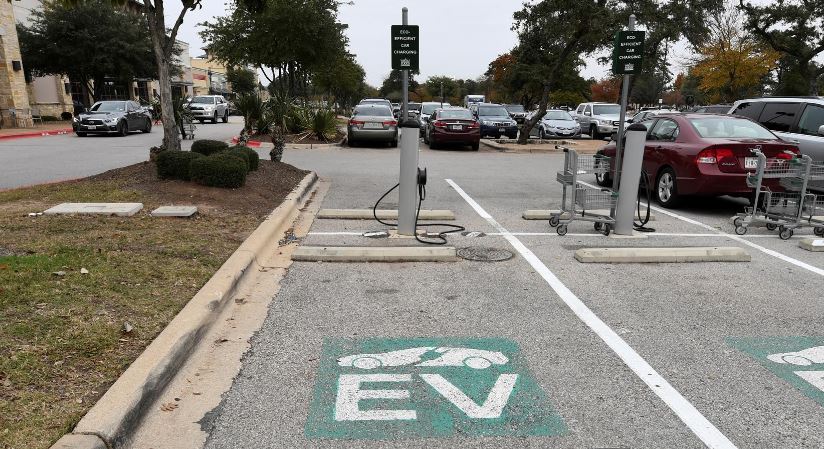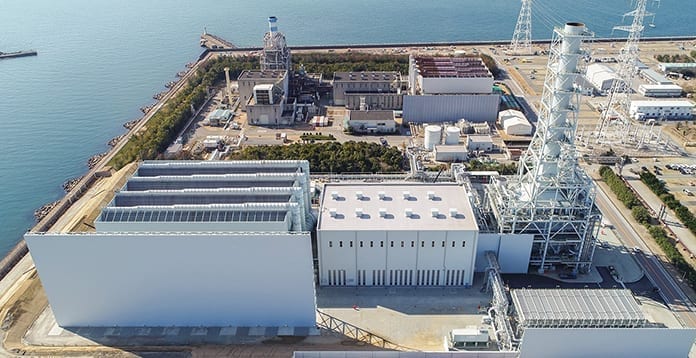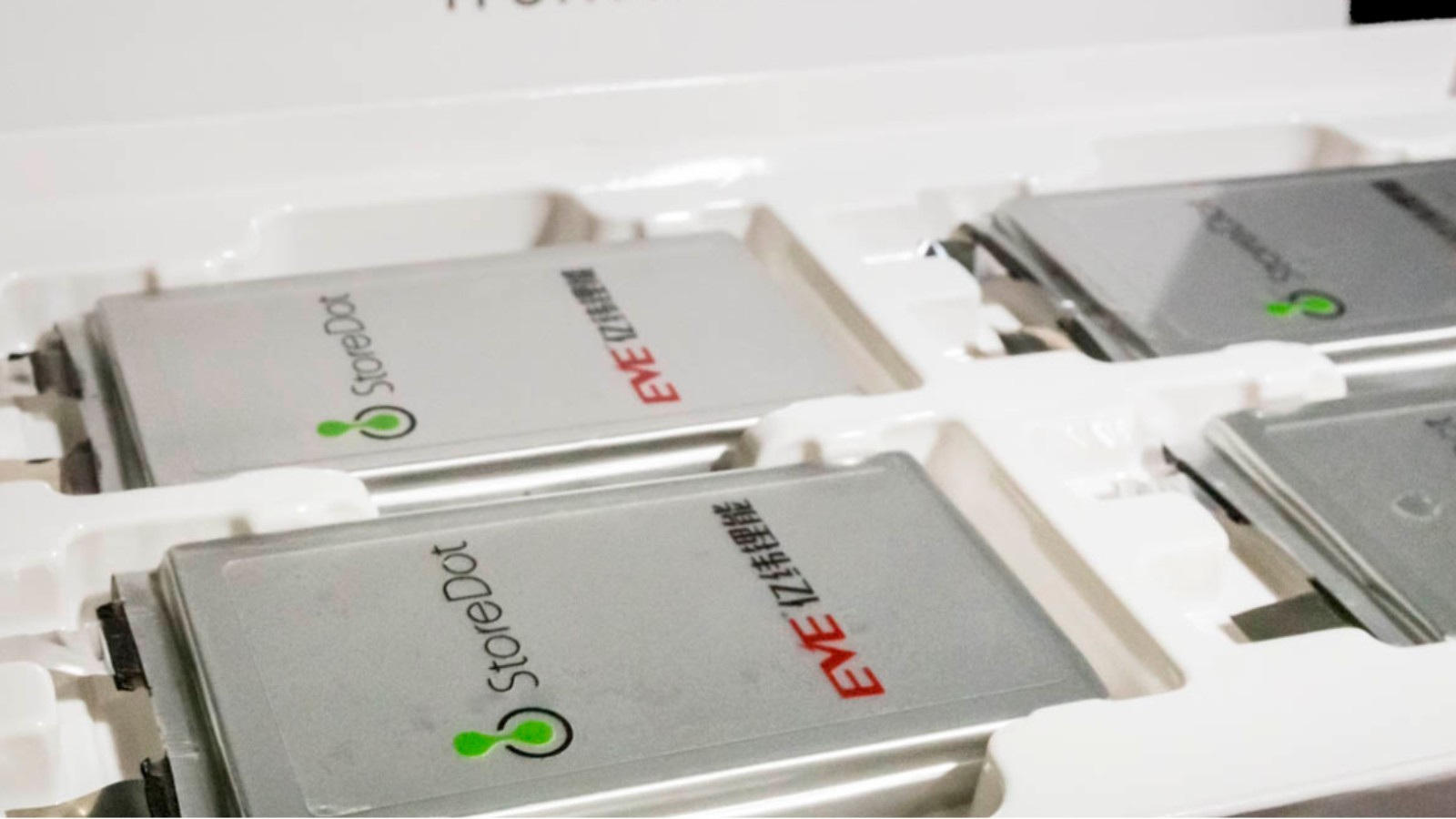WASHINGTON (Reuters) – President Joe Biden on Monday vowed to replace the U.S. government’s fleet of roughly 650,000 vehicles with electric models as the new administration shifts its focus toward clean-energy.
“The federal government also owns an enormous fleet of vehicles, which we’re going to replace with clean electric vehicles made right here in America made by American workers,” Biden said Monday
Biden criticized existing rules that allow vehicles to be considered U.S. made when purchased by the U.S. government even if they have significant non-American made components.
Biden said he would close “loopholes” that allow key parts like engines, steel and glass to be manufactured abroad for vehicles considered U.S. made.






